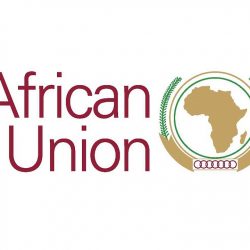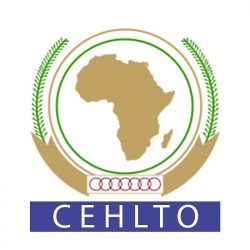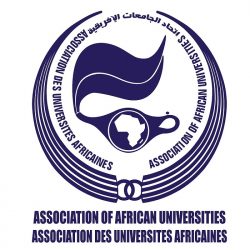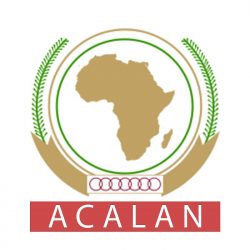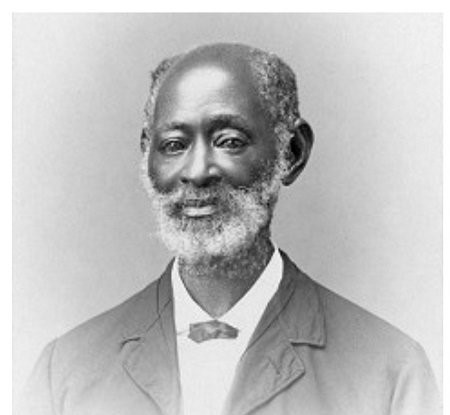
He was born in 1827, and was one of the eldest sons of Fredua Agyeman (as he was then known) by his marriage to a relative of the Atomfohene, head of the Asante blacksmiths.
In 1837. Fredua Agyeman, by then enstooled Asantehene as Kwaku Dua I, sent Kwasi Boakye (together with a young royal, Kwame Poku) to Holland to be educated. According to a traditional account of the matter. It was intended that Kwasi Boakye should study gun-making, in order to introduce the necessary technology to Asante blacksmiths.
Kwasi Boakye and Kwame Poku were both placed at boarding
school in Delft and King William of the Netherlands extended his patronage to them, giving instructions that great attention should be paid to their education. Kwasi Boakye’s impressive academic record gained him admission to the newly-opened Royal Academy at Delft in 1843 where, among other things, he studied mining engineering.
In 1847, the two Asante men were required to return home. Kwame Poku did so, only to commit suicide in 1850. Kwasi Boakye chose, however, to remain in Europe; he had become a Christian and had probably received news of his father’s intolerant attitude towards the Christian converts in Asante.
He completed his engineering studies in Germany, at the Royal Mining Academy inFreiberg, and in 1850 accepted appointment in the Dutch East Indian Service as miner-engineer.
He was posted to Java, in what is now Indonesia, where he carried out research both into the geological structure of the coal-beds, and into the social structure of the immigrant Chinese whose labor was necessary to the exploitation of the coal deposits. He published the results of his geological researches in a Dutch journal in 1855 and 1856, and of his ethnographic researches in a German journal in 1855.
Although achieving the rank of mining engineer first class, Kwasi Boakye felt that promotion to the highest echelons of the East Indian Service was denied him by virtue of his color.
He resigned his position and returned to Holland to lay his complaint before the king, who at that time was William III (ruled 1849-90). His case was adjudged well-founded. He was granted a long-term lease on lands in Madiocen in Java in compensation for the disruption of his career, and awarded an allowance of 7,200 florins by being placed on the register of ‘royal’ and ‘prominent persons. Back in Java, apparently after vacationing in Vienna, capital of the Austro-Hungarian Empire, he became one of the leading coffee planters, adding further estates to those leased him in Madiocen.
In 1870 he made a substantial contribution towards the care of the
wounded in the Franco-Prussian war, and in so doing recalled the hospitality he had enjoyed as a student in Germany, and expressed his hopes of a German victory.
In his later years Kwasi Boakye achieved well deserved recognition. He was made an honorary member of the Society of (Delft) Civil Engineers, and in 1900, the 50th anniversary of his arrival in the East Indies, received public acclamation. He died at Buitzenzorg in Java on July 9, 1904.
IVOR WILKS
